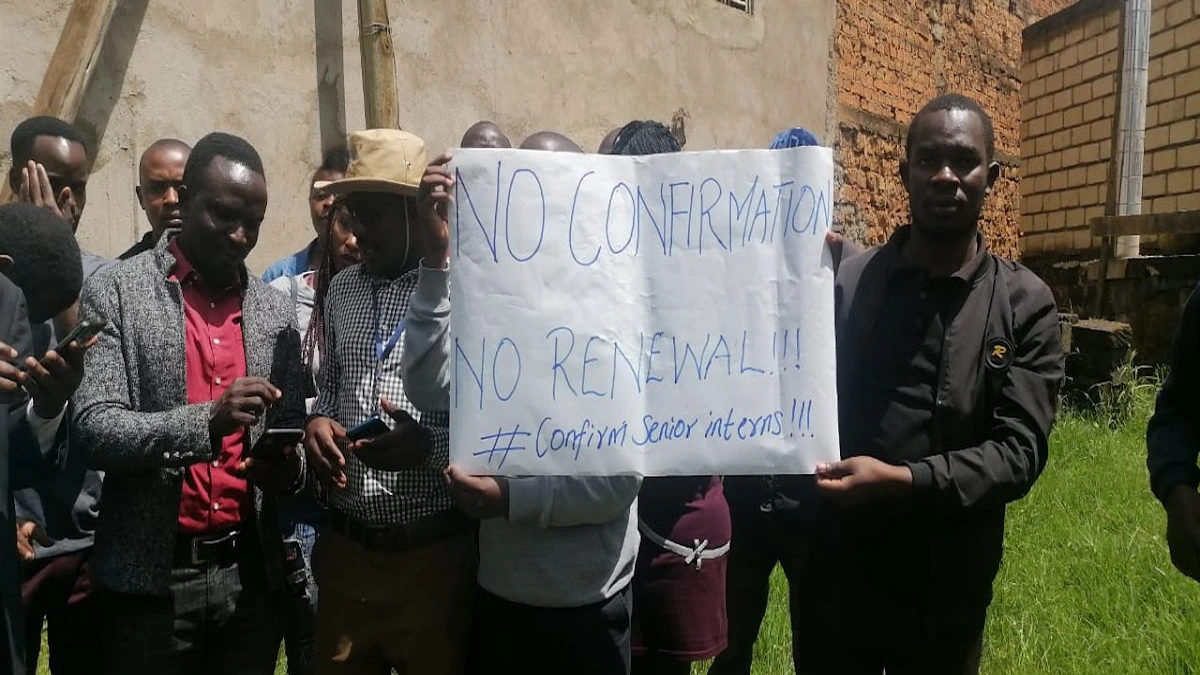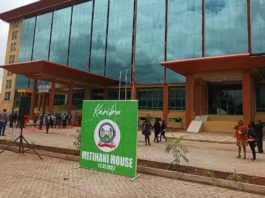Numerous secondary and primary school interns in Kisii, hailing from various schools across the county, are actively advocating for substantial changes to their employment terms. As their one-year contracts approach completion, they are urging the Teacher Service Commission to transition them from their current intern status to permanent and pensionable positions.
These educators, who argue that recently recruited younger graduates earn more than they do, are voicing their discontent and calling for permanency. At a press conference in downtown Kisii, where Duncan Ondieki, Everline Ongwacho, and Everline Mayaka led the group, the frustration became palpable; they expressed an unwillingness to sign new internship terms, a clear indicator of their dissatisfaction.
As January approaches and the impending expiration of their contracts draws near, the group emphasizes the need for clarity on their employment status. Ntabo, one of their leaders, articulates this uncertainty: “Currently, we reside in a state of limbo due to our approaching contract terminations.”
The intern teachers, in their pursuit of permanent employment, illuminate the challenges they’ve encountered under the current terms. Ntabo brings attention to a specific issue: despite monthly deductions of Sh780 for his National Health Insurance Fund coverage, he still grapples with insufficient medical care from the contracted insurance; this significantly complicates his life.
The interns, frustrated and feeling overlooked, issued a warning: potential protests could ensue if the Teacher Service Commission persists in favoring younger graduates over them during employment procedures. Ntabo himself also voiced his concerns, politicians allegedly favored their kin and associates in recruitment; this only intensified an already acute sense of injustice among the interns.
Everline Ogendo contributed her voice to the discourse: she emphasized the crucial need for transparency in the teacher recruitment process. She challenged the prevailing narrative; specifically, that over 56,000 teachers had found employment, her contention was different: a mere 10,000 enjoyed pensionable terms at best. Disseminating such misinformation, according to her, contributes directly towards fostering an inaccurate understanding of real employment situations; it skews perceptions and distorts reality.
The intern teachers in Kisii, articulating their concerns and desires for a fair employment future, mirror larger issues within the education system. They don’t just demand permanence on an individual level; they confront systemic challenges that affect the teaching profession extensively. The question of whether authorities will resonate with their call remains unanswered; however, this underscores our imperative to address educator concerns to guarantee a robust and equitable education system.




